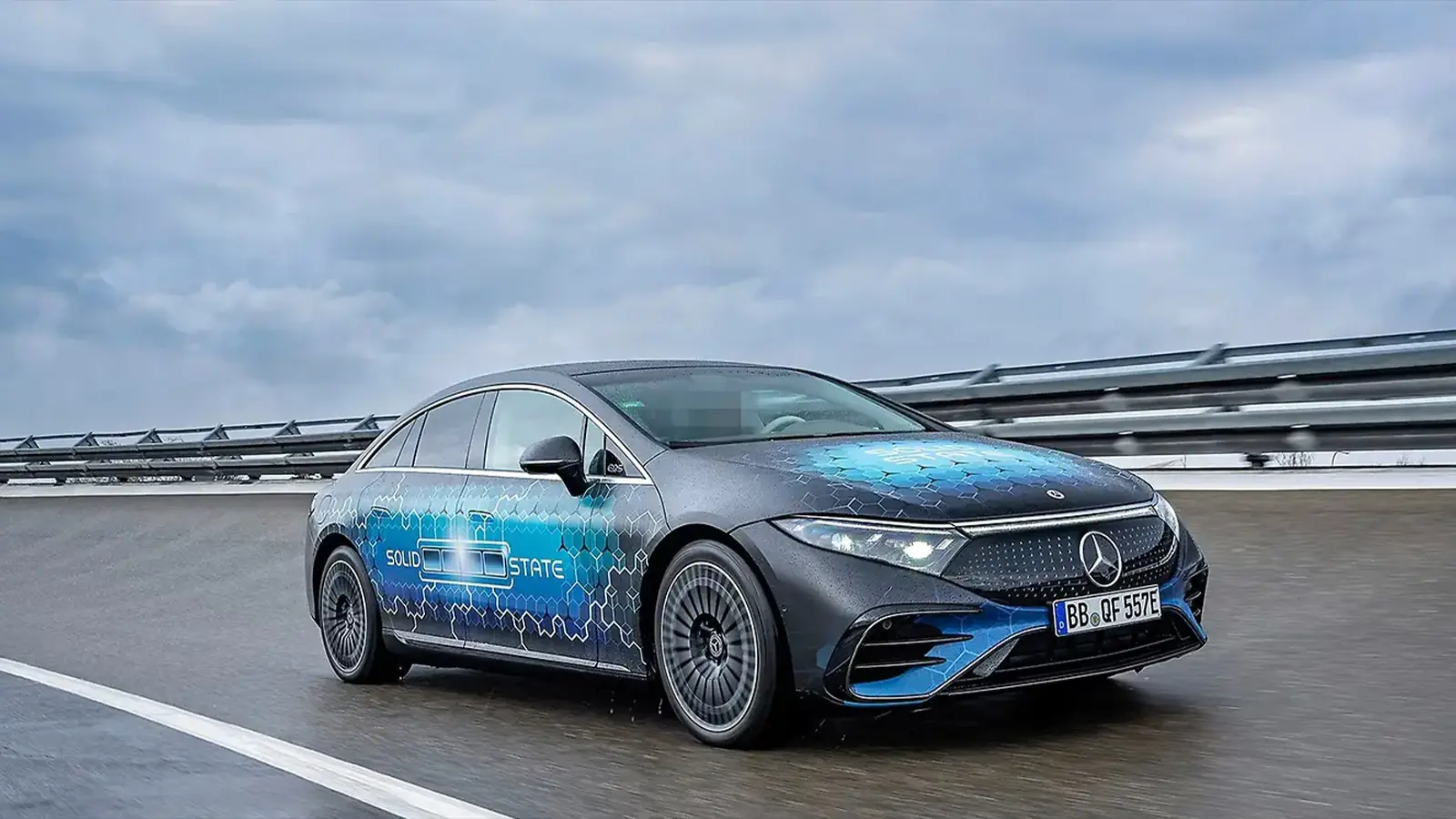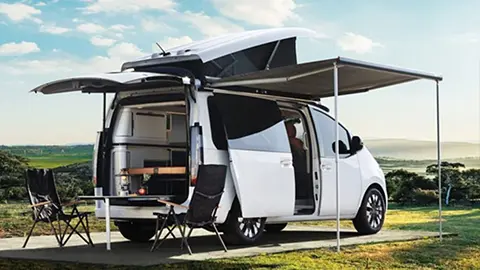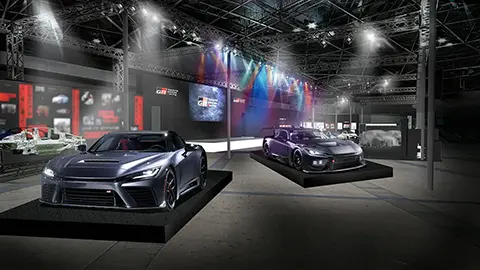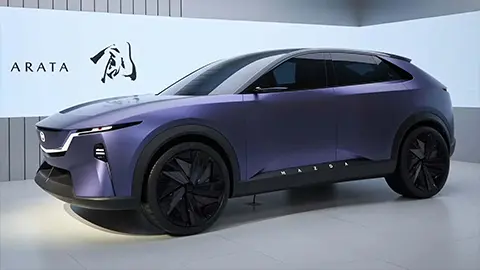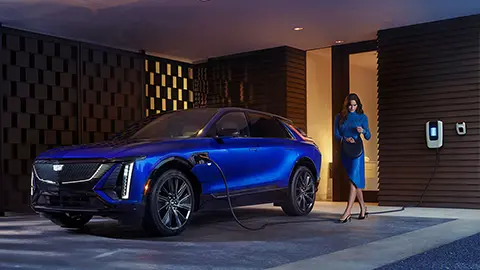If you’ve been thinking about owning an all-electric car, chances are you have heard of solid-state batteries. Automakers have been using lithium-ion batteries for over 25 years and have been working to create better batteries that cost less and work better. Naturally, they want to reduce costs, provide better battery chemistry, and produce higher yields at battery factories.
The brains of the EV battery world have been working hard to create the perfect formula to develop the next big thing, known as solid-state batteries. They offer better energy density, are safer, and recharge faster than lithium-ion. Unlike current battery packs, solid-state batteries use solid materials for both the separator that keeps anode and cathode from touching and the medium through which electrons pass as the cell charges or discharges.
Lithium-ion batteries use liquid electrolyte, which is an organic solvent that is sucked up by the battery’s anode, cathode, and separator. That liquid is also very flammable. Mercedes-Benz has been partnering with U.S.-based Factorial Energy to revolutionize EV batteries and are testing solid-state batteries on the roads right now.
Factorial Electrolyte System Technology (FEST) solid-state batteries are poised to bring consumers Mercedes EVs that will be capable of over 500 miles of range while being 33 percent smaller and 40 percent lighter than Li-ion battery packs.
Better Batteries Coming Soon
Mercedes-Benz's commitment to leading the EV market with solid-state battery technology is clear. Markus Schäfer, Chief Technology Officer at Mercedes-Benz Group AG, underscores the significance of these advancements:
“Developing an automotive-scale solid-state battery underlines our commitment to innovation and sustainability. We’re therefore excited to announce that we’ve started road testing with a prototype vehicle equipped with this advanced technology. We will gain crucial insights into possible series integration of this cutting-edge battery technology.”
This exciting phase of road testing is already yielding promising results. GreenCars previously reported that Mercedes-Benz EQS 450+ prototypes equipped with Factorial Energy’s solid-state batteries have achieved up to 527 miles of range on a single charge. Mercedes claims these batteries offer between 25 and 40 percent more range than existing lithium-ion tech, marking a major leap in EV performance.
Want to understand how EV batteries work before solid-state tech hits the streets? Check out our easy 101 guide here
Factorial’s “Solstice” all-solid-state batteries feature a lithium-metal anode, storing more energy than traditional graphite anodes. They also use a floating cell carrier so that when the battery charges, the cells expand, and when it discharges, they contract. Think of it as the “lungs” of your car and for better breathing, the battery uses pneumatic actuators that were developed for Mercedes Formula 1 racing.
Thanks to increased thermal efficiency, there is much less fire risk with solid-state batteries, and they charge much faster than traditional lithium-ion batteries. Factorial Energy says it’s solid-state batteries will charge from 15 to 90 percent in just 18 minutes. They can operate in temperatures of minus 22 degrees up to 113 degrees Fahrenheit.
While many automakers are working hard to bring solid-state batteries to EVs, Mercedes-Benz is leading the way. Look for future updates right here at GreenCars.
✅ Quick Takeaways
- Solid-State Tech: Factorial Energy's FEST batteries
- Range Boost: 25-40% greater than current lithium-ion
- Enhanced Safety: Significantly reduced fire risk
- Fast Charging: 15% to 90% in just 18 minutes
- Temperature Flexibility: Operable from -22°F to 113°F
Battery and Solid-State Tech Related Articles
Solid-State Batteries Get Closer to Reality
Explore recent breakthroughs making solid-state batteries more viable for mass-market EVs.
Read More ➜
How Do Electric Car Batteries Work?
A simple breakdown of EV battery fundamentals, from chemistry to charging.
Read More ➜
Solid-State Batteries: Game-Changer for Electric Cars
Learn why solid-state batteries could dramatically reshape the EV landscape.
Read More ➜




